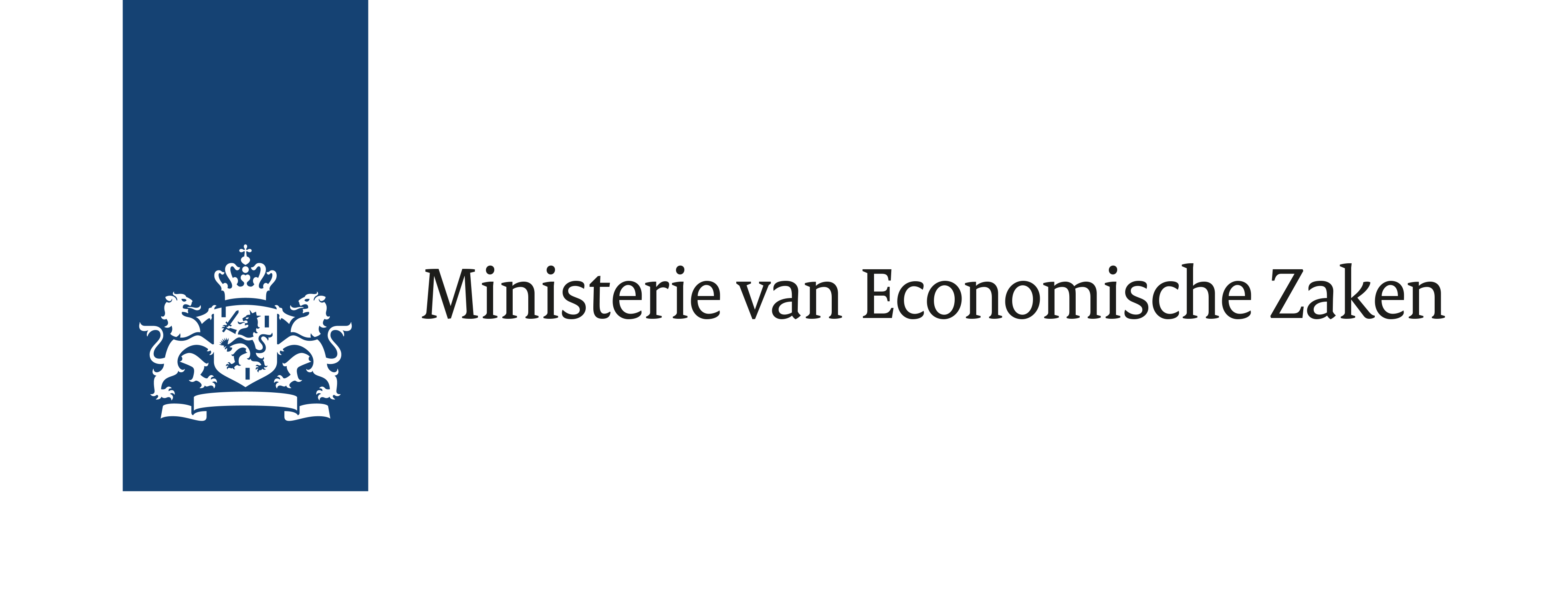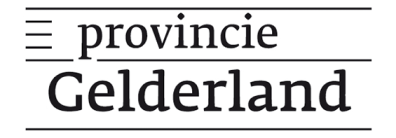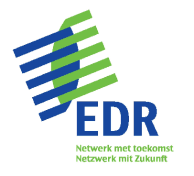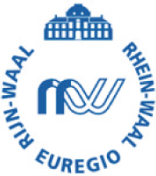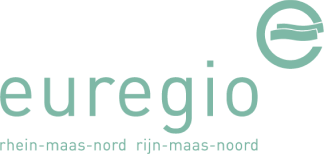On both sides of the border, there is growing awareness of the need for a
more sustainable approach to healthcare. The ELFI project aims to reduce
environmental impact by adding information on the environmental footprint of
treatments to existing decision aids. Until now, these online tools have only
presented the effectiveness and the risk of complications. Decision aids
generally promote informed and equitable decision-making between patients and
healthcare providers. They enhance the knowledge and self-efficacy of
individuals, in ELFI specifically with regard to the environmental impact of
medical treatments. Through ELFI, professionals are educated about the relative
environmental burden and can advocate for less impactful alternatives.
Hotspots, such as energy consumption and waste production, are identified in
ELFI and directly addressed. Inspired by cross-border collaboration within the
broad consortium, a strategy is developed to monitor and reduce environmental
impact. A checklist for healthcare institutions will support implementation.
The focus is on three common, non-life-threatening conditions for which
multiple treatment options are available according to guidelines (e.g.,
lifestyle adjustments, medication, physiotherapy, and surgery). These options
are systematically described in ELFI, and the environmental impact is
determined using life cycle assessment (LCA). The most effective presentation
format is chosen.
The ELFI project is ambitious, comprehensive, and fosters cross-border and
sustainable collaboration. It goes beyond individual medical disciplines. Many
associated partners are actively involved, ensuring acceptance and better
implementation of the results.
ELFI addresses the priority of a connected border region, making healthcare
systems more sustainable and strengthening the resilience of people and care
systems.

